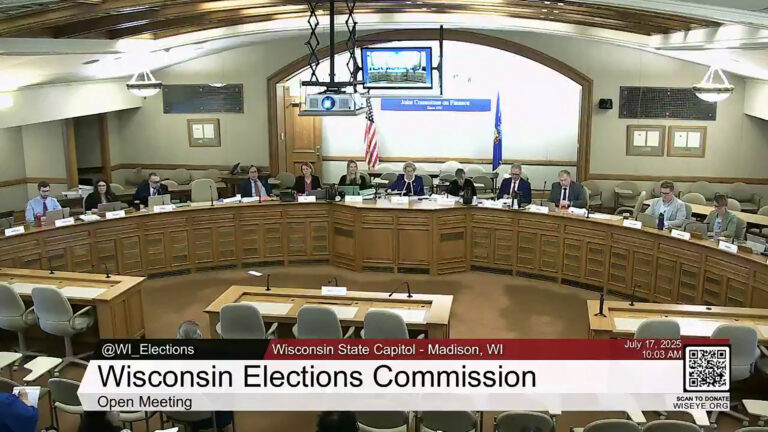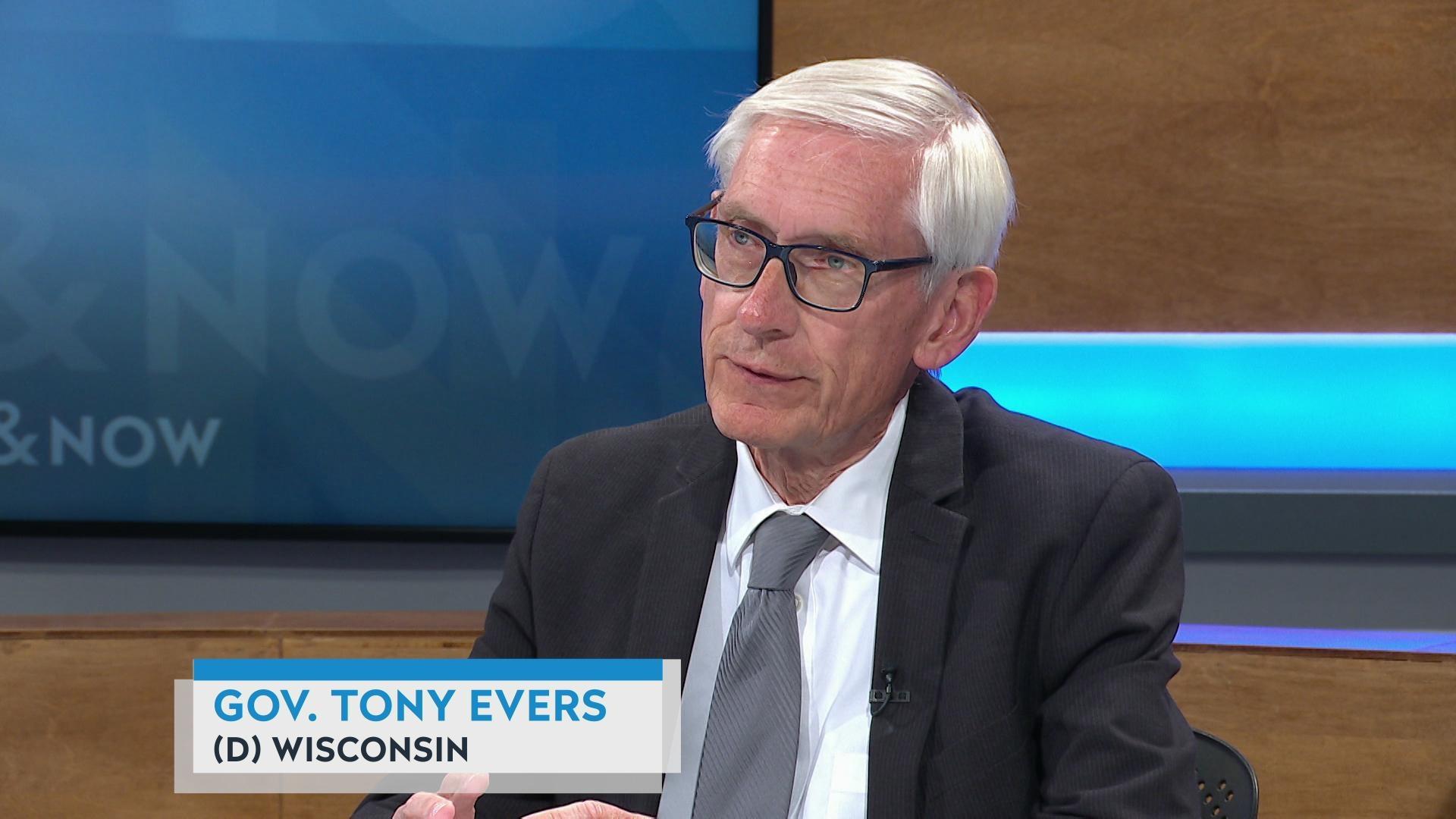Report: Wisconsin No Longer Hardest-Drinking State But Alcohol Problem Remains
Wisconsin as a whole has gotten a little healthier relative to other states, according to a yearly assessment by the United Health Foundation. But binge drinking remains a problem.
December 19, 2016

Empty beer cans at Oktoberfest in La Crosse

Wisconsin as a whole has gotten a little healthier relative to other states, according to a yearly assessment by the United Health Foundation. The state moved up in America’s Health Rankings from 24th to 20th. But binge drinking remains a problem in Wisconsin.
Nearly a quarter (24.5 percent) of residents reported drinking too much (both binge drinking and chronic drinking), according to the report, but the state lost the troubling title of hardest-drinking state in the union. North Dakota had a slightly higher figure at 24.7 percent.
Dr. Rhonda Randall, chief medical officer of UnitedHealthcare’s Medicare and retirement division, said the change may have more to do with what’s going on in other states.
“It’s possible for one state to move up or down in the rankings simply because other states are moving at a faster or slower pace in their improvement or decline,” Randall said.
As for other health measures, Wisconsin has a low uninsured rate and less diabetes than the national average. But the percentage of children in poverty has gone up and Wisconsin has a lot of whooping cough cases compared to other states.
“And that is something that’s preventable with a vaccination, a vaccination we receive in childhood and one that we should get a booster of as an adult,” Randall said.
In 2012, Wisconsin led the nation in the number of cases of whooping cough. La Crosse County recently saw a rise in whooping cough cases.
According to the national report, Wisconsin’s death rate from heart disease is better than average. However, the national death rate from heart disease went up a bit in the latest report, after years of being in decline. This is occurring at the same time obesity rates have been rising, saidRandall.
“This report doesn’t tell us cause and effect but we know that obesity and heart disease are linked,” she said. “So it’s something that we’re really going to want to pay attention to is the lifestyle choices we are making as a nation.”
The report says the nation’s death rate from heart disease edged up to 251.7 per 100,000 people.
 Passport
Passport











Follow Us